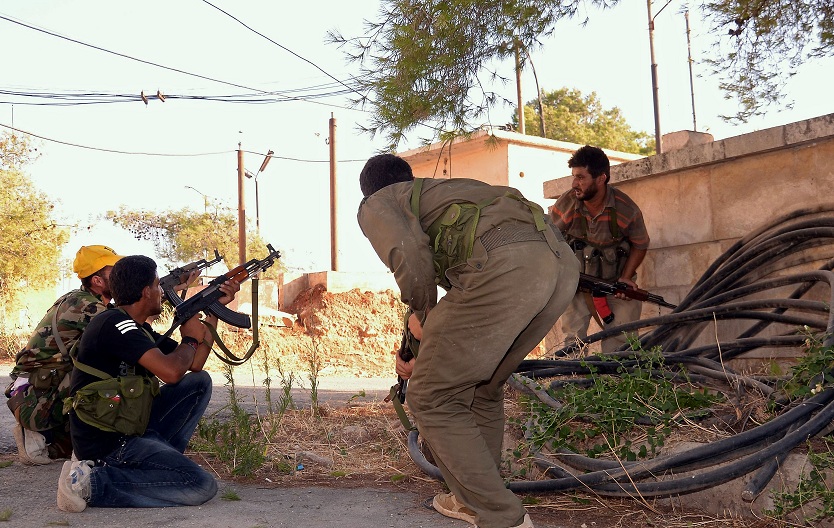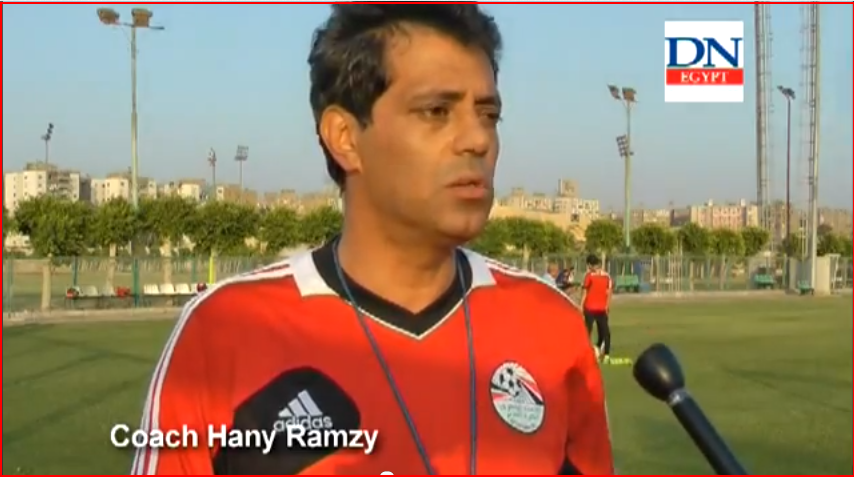By Guillaume Lavallee/ AFP
KHARTOUM: Ordinary Sudanese in the capital were torn between regret and a feeling of “good riddance” as southerners prepared on Tuesday to vote on breaking away from their “brothers” in the north.
After 55 years of united independence, of which 38 were wracked by conflict with the Muslim and mainly Arab north, the majority Christian, animist and more Africa-leaning south is to decide on its own destiny in a referendum on Sunday.
In Khartoum, Sudan’s capital in the north, the prospect of secession — something unthinkable just months ago in Africa’s largest country — stirs a mixture of melancholy and anxiety.
“Everyone talks about the separation these days,” said Issam Siddig, a young engineer.
“We in the north think that if our brothers in the south secede, that would be a real test showing that unity didn’t work … Personally, I’ll be sad if the south splits,” he said.
“Since we were young, we (northerners and southerners) have complemented each other,” chipped in a colleague, Mahjoub Al-Amin.
During a second civil war which raged between 1983 and 2005, four million people fled the country’s south, more than half of whom sought refuge in the north, especially Khartoum, a melting-pot of Sudan’s diversity.
Hundreds of thousands of southerners living in the north have returned home since the war ended with a January 2005 peace accord, voting with their feet before the historic referendum.
“It is not easy to see your country separating … but at the same time, there is an acceptance,” Sudan analyst Faysal Mohamed Saleh told AFP.
“Six or seven months ago, the idea of separation was not accepted by most northerners … There is now a growing general acceptance among northerners of the choice of the southern people, whatever the result,” he said.
“Of course some people who are angry … will say: ‘This is your choice, so go away, we don’t want you.'”
Politicians in Khartoum, including President Omar Al-Bashir, recognize a secessionist victory is the most likely outcome of the poll. Bashir’s National Congress Party did not even make a wholehearted campaign for unity.
But while some will mourn the secession, others will rejoice.
“I’ll cry tears of joy when the south separates,” said Al-Tayeb Mustafa, editor-in-chief of Al-Intibaha daily and head of the Forum for Peace and Justice, a grouping of Arab politicians and intellectuals hostile to the south.
“The root of the problem is the difference between the identities of northerners and southerners,” explained Mustafa, a Bashir ally, who saw southerners as “trying to impose secularism” on the Muslim north.
Mustafa said the very name of Sudan, which comes from the Arabic word of “aswad” meaning black, would have to be changed after the south’s secession.
In the streets of Khartoum, however, many fear clashes between northerners and southerners, recalling the deadly riots of summer 2005 after the death of southern rebel leader John Garang.
“The southerners can choose to secede, but we just don’t want any trouble,” whispered Moawiya Al-Tayeb, an old man strolling through Khartoum.

